Latest Tutorials
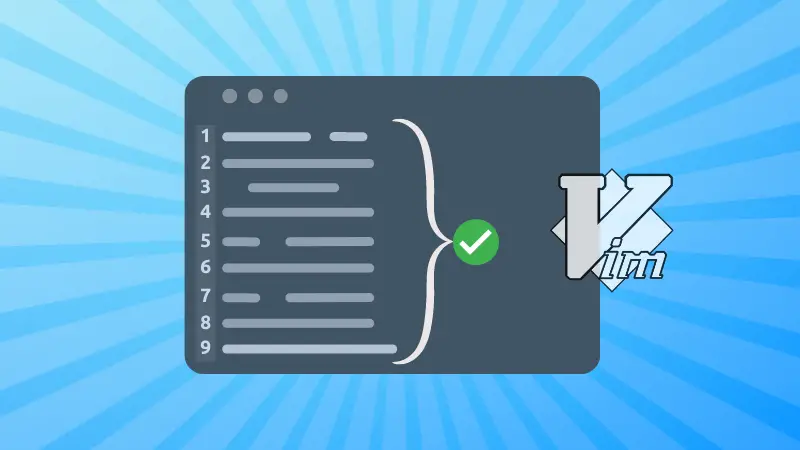
Select All Text in Vim
Learn to select all the lines, all the text of a file in Vim.
· Pratham Patel
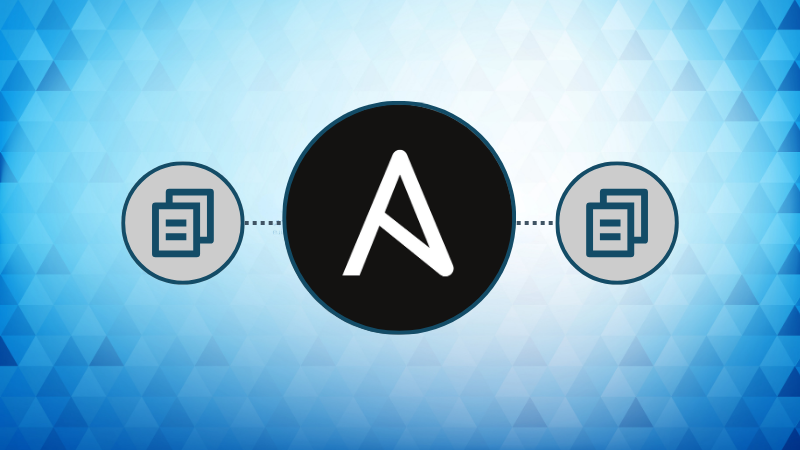
Ansible Copy Module: Copy Files to Remote Targets
The Copy module in Ansible comes in handy in your setup. Learn some practical examples.
· LHB Community

What is IFS in Bash Scripting?
The IFS in bash comes in handy when you are dealing with a different delimiter than the usual space, tab or newline.
· Helder

Efficient Block Device Management with LVM
Learn to manage block devices with LVM in this practical, hands-on approach guide.
· LHB Community
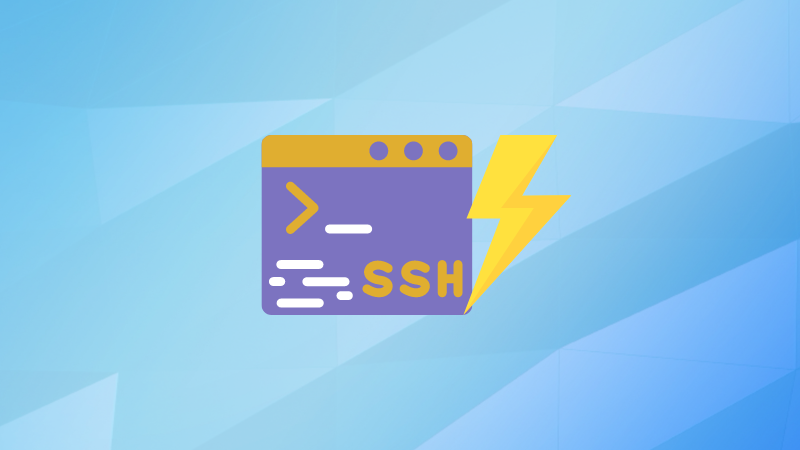
ASSH: An Advance Way to Interact with SSH
Enhance your SSH experience with assh when you have numerous hosts to connect to.
· LHB Community
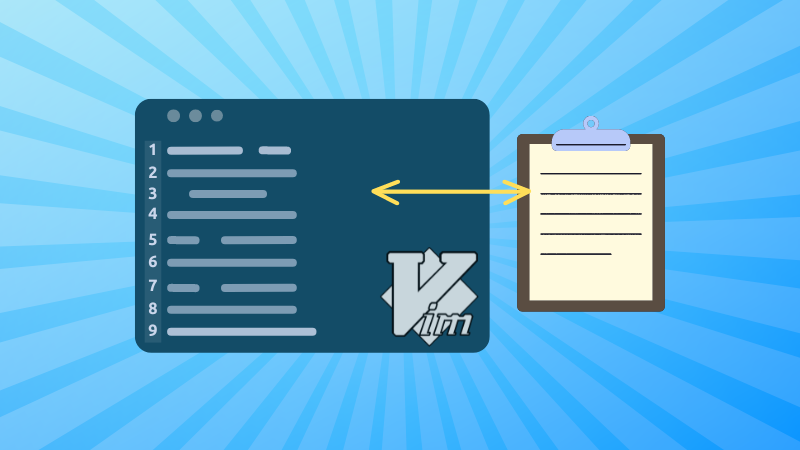
Copy Paste Text to and from System Clipboard in Vim
Learn to configure Vim so that you can copy paste between Vim and other tools outside Vim through the system clipboard.
· Pratham Patel

Install and Use Powerlevel10k in Zsh
10x your Zsh setup with Powerlevel10k
· Sagar Sharma

Setting Environment Variables in zsh
Learn to set environment variables in Zsh, be it temporary or permanent.
· Sagar Sharma

Customizing Zsh Prompt
Give your zsh a good-looking, useful prompt. Here's how.
· Sagar Sharma

Enabling Auto Suggestion in Zsh
Get command completion suggestions based on your command history.
· Sagar Sharma

Using Command History in Zsh
Not getting command history in Zsh? Here's how to enable it.
· Sagar Sharma
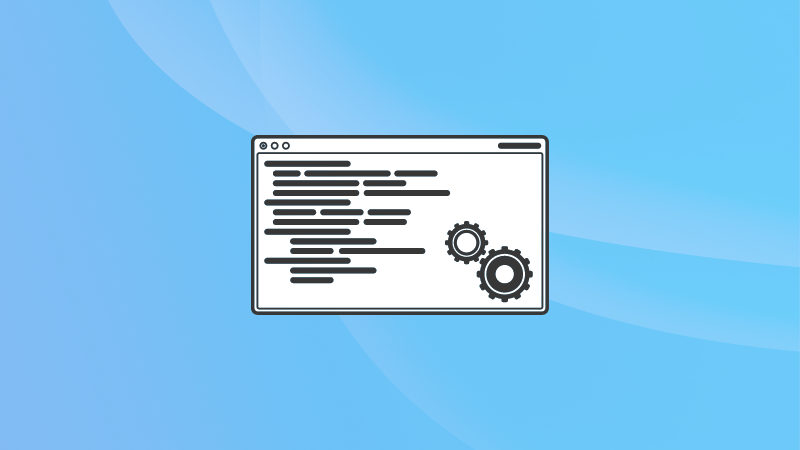
Using Install Command in Linux
The install command lets you copy file with advanced parameters. See some examples in this article.
· Sagar Sharma

Using the Help Command in Linux
This article will 'help' you use the help command more effectively so that you can easily see what options a command has and how it works.
· Sagar Sharma

How to Check CPU Usage in Linux Command Line
As a sysadmin, it is important to keep a tab on the CPU usage. Here's how to do that in the Linux terminal.
· Helder

How to Submit a Pull Request on GitHub
In this GitHub primer series, learn about submitting a pull request and contributing to open source projects.
· LHB Community
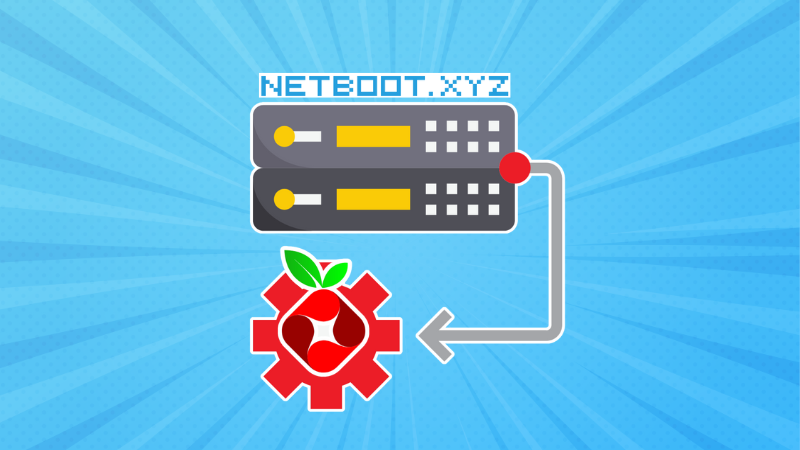
Creating a Netboot.XYZ server using Pi-hole to Install Linux Distros Over Network
A homelab setup where you can boot new Linux distros without creating live USBs again and again.
· Doron Beit-Halahmi

7 Best Practices for a Rockstar Student Developer GitHub Profile
Time to enhance the look and feel of your boring default GitHub profile with these tips and suggestions.
· Prakhar Tiwari